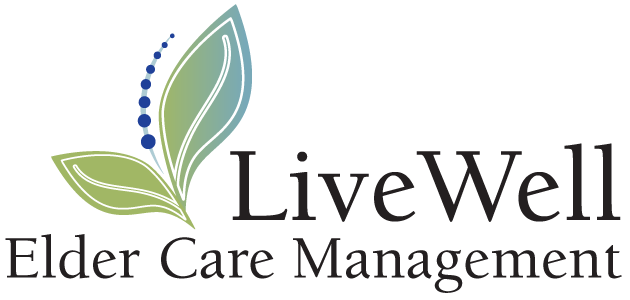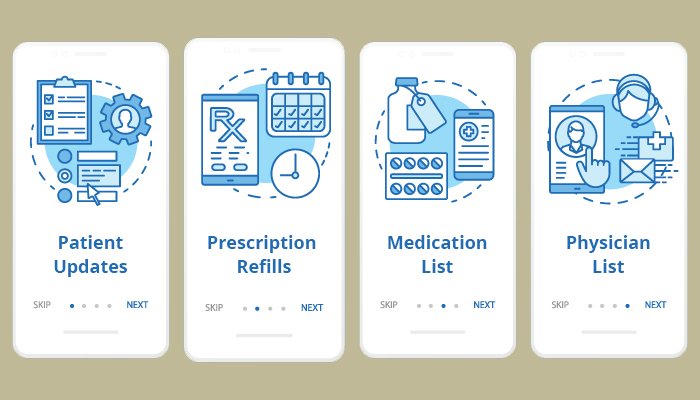At LiveWell Elder Care Management, we understand the pressures you are under as a family caregiver. This blog is designed to support you in the incredibly important work that you do. As north Middlesex County, north Worcester County and surrounding communities expert in family caregiving, we have resources, tips and information that can make your life much easier. If you would like help, give us a call at: 978-660-7835.
Poetry and dementia

If the person you care for has dementia, you may have noticed their withdrawal from conversations, movies, even from reading books or the newspaper. Anything with an involved plot line is now too difficult for them to follow. Poetry, on the other hand, involves rhythm and images, which can stimulate memories of experiences, emotions, smells, tastes, and other sensations. All quite accessible by persons with dementia. Plus, many older adults went to school when poetry was an active part of the curriculum. Exploring fun poetry together may tap into positive memories from the past.











